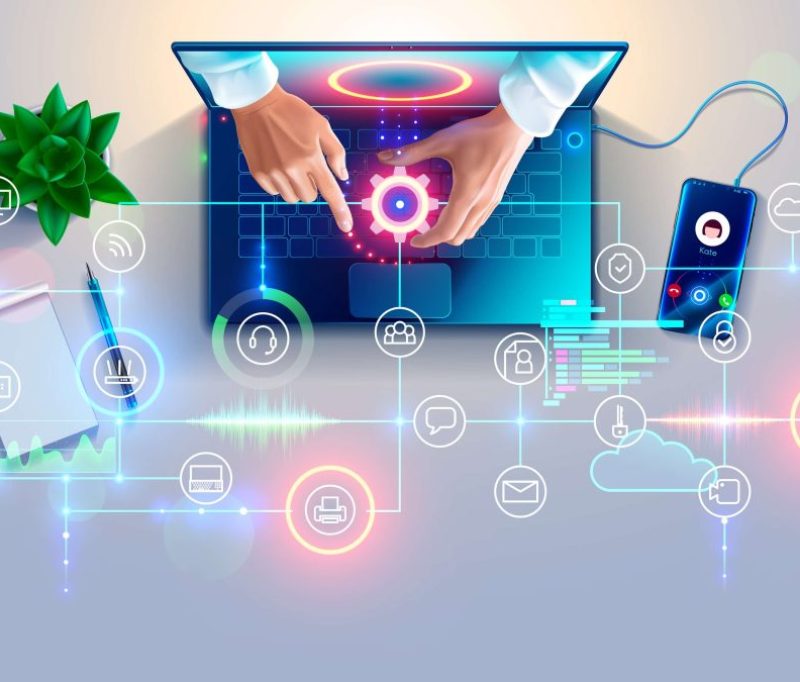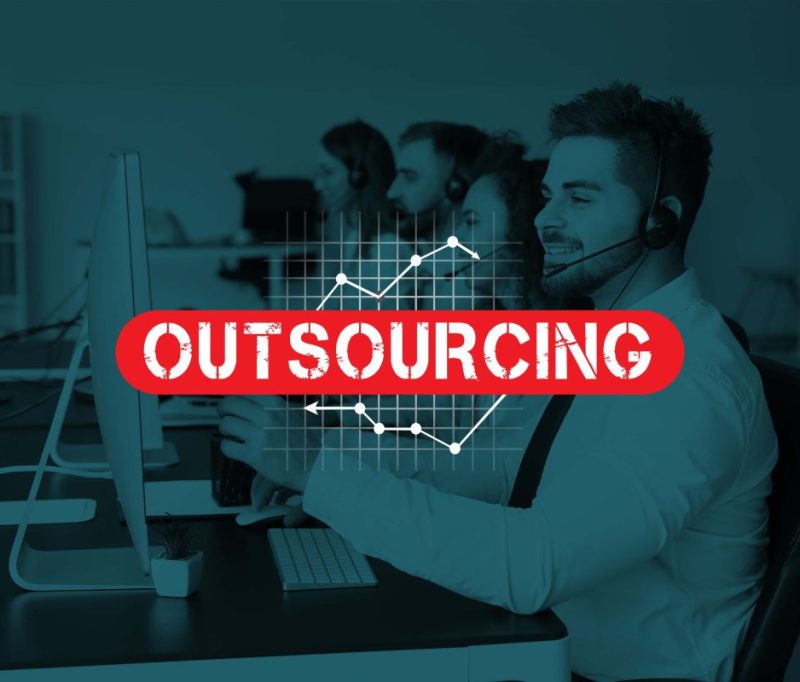
For consultants working in this sector, having a comprehensive understanding of emerging technologies is vital to addressing the complex challenges healthcare organisations face today. Key areas include electronic health records (EHR) systems, telemedicine platforms, data analytics, artificial intelligence (AI), and cybersecurity. Mastery of these domains enables consultants to help healthcare providers improve patient outcomes, streamline operations, ensure data privacy, and comply with regulatory requirements. By staying ahead of technological trends, consultants can guide healthcare organisations toward innovative, efficient, and patient-centric solutions in an ever-evolving landscape.
The Evolving Healthcare Landscape
The integration of technology into healthcare has led to significant improvements in patient care, operational efficiency, and data management. Key developments include:
- Digital Health Records: The shift from paper-based records to Electronic Health Records (EHRs) has streamlined patient data management, enhancing accessibility and reducing errors.
- Telemedicine: Remote consultations have become increasingly prevalent, especially post-pandemic, offering patients convenient access to healthcare services.
- Artificial Intelligence (AI): AI is being utilised for predictive analytics, diagnostics, and personalised treatment plans, improving decision-making processes.
- Interoperability: The ability of different healthcare it consulting firms systems to communicate with each other ensures seamless data exchange, leading to coordinated care.

Core Technological Domains for Healthcare Consultants
To effectively support healthcare organisations, consultants should focus on the following technological areas:
a) Electronic Health Records (EHR) and Health Information Systems
EHRs are central to modern healthcare, storing comprehensive patient information. Consultants should assist in:
- Ensuring strict adherence to data protection laws and regulations to safeguard patient information and maintain privacy.
- Organising comprehensive staff training programs to promote efficient and effective use of EHR technologies across teams.
b) Telehealth and Remote Patient Monitoring
Telehealth platforms enable healthcare providers to offer remote consultations, while monitoring tools track patient health metrics. Consultants can:
- Provide expert advice on integrating telehealth solutions seamlessly into existing healthcare systems to enhance care delivery.
- Suggest best practices that improve patient engagement, ensuring telehealth services are accessible, user-friendly, and effective.
c) Artificial Intelligence and Machine Learning
AI and ML algorithms analyse vast datasets to identify patterns and predict outcomes. Consultants should:
- Guide healthcare organisations in adopting AI tools to enhance accuracy and efficiency in diagnostics and treatment planning.
- Evaluate ethical concerns and potential biases within AI models to promote fair and responsible use in clinical settings.
- Ensure seamless integration of AI solutions with existing healthcare systems for smooth workflows and improved patient outcomes.
d) Data Analytics and Predictive Modelling
Data analytics transforms raw data into actionable insights. Consultants can:
- Develop comprehensive strategies for efficient data collection and analysis to support informed healthcare decision-making.
- Implement advanced predictive models that help anticipate patient needs and enable proactive medical interventions.
- Advise healthcare leaders on the use of data visualisation tools to clearly communicate insights and improve strategic planning.
e) Cybersecurity and Patient Data Protection
With the increasing digitalisation of healthcare, safeguarding patient data is paramount. Consultants should:
- Recommend robust cybersecurity measures to protect healthcare systems from threats and safeguard patient data.
- Ensure strict compliance with regulations such as GDPR to maintain legal and ethical standards in data handling.
- Conduct regular risk assessments and audits to identify vulnerabilities and strengthen the organisation’s security posture.
f) Interoperability and System Integration
Consultants can:
- Advise on industry standards and protocols to ensure smooth and secure integration of diverse healthcare systems.
- Facilitate seamless data exchange between various platforms, enhancing interoperability and information flow.
- Address challenges posed by legacy systems by recommending upgrade paths or integration solutions to maintain functionality.
Essential Skills for Healthcare IT Consultants
Beyond technical knowledge, consultants should possess:
- Regulatory Knowledge: Deep understanding of healthcare regulations and standards to ensure compliant technology adoption.
- Project Management Skills: Proficient in planning, executing, and overseeing healthcare technology implementation projects.
- Change Management Expertise: Guiding organisations smoothly through transitions during new technology integration.
- Communication Skills: Clearly translating complex technical concepts for non-technical stakeholders to foster collaboration.
- Continuous Learning: Committed to staying current with emerging technologies and evolving industry trends to provide relevant guidance.
Strategic Implementation of Healthcare Technologies
Successful implementation of technology in healthcare requires:
- Needs Assessment: Conducting thorough evaluations to identify the unique technology requirements of healthcare organisations.
- Solution Design: Customising technology solutions to address the specific needs and challenges uncovered during assessment.
- Implementation Planning: Creating detailed roadmaps to guide the smooth deployment of new healthcare technologies.
- Training and Support: Providing comprehensive training and ongoing support to ensure staff can effectively use new systems.
- Evaluation and Optimisation: Continuously monitoring and refining solutions to maximise their effectiveness and value over time.
Technology Consulting in Healthcare
a) Implementing EHR Systems
A hospital network successfully transitioned to a new EHR system, resulting in improved patient data accessibility and reduced administrative workload. Consultants played a pivotal role in system selection, staff training, and post-implementation support.
b) AI-Driven Diagnostics
A clinic integrated AI tools for diagnostic imaging, enhancing accuracy and reducing diagnosis time. Consultants facilitated vendor selection, integration with existing systems, and staff training.
c) Telehealth Expansion
A healthcare provider expanded its telehealth services, increasing patient access to care. Consultants assisted in platform selection, compliance assessments, and user training.

Future Trends in Healthcare Technology Consulting
Looking ahead, consultants should be prepared for rapid changes in technology, including emerging trends and innovations in it support Watford, ensuring future readiness.
- Blockchain in Healthcare: Strengthening data security and transparency by creating immutable and traceable medical records.
- 5G Connectivity: Enabling fast, real-time data transmission to support remote patient monitoring and telehealth services.
- Wearable Health Devices: Integrating data from personal health trackers into clinical workflows for continuous health insights.
- Personalised Medicine: Using genomics and AI to develop tailored treatment plans that improve patient outcomes and precision care.
- Virtual Reality: Applying VR technology for immersive medical training and effective patient rehabilitation programs.
Conclusion
Technological expertise is indispensable for consultants aiming to drive transformation in modern healthcare. By mastering key technological domains and staying informed about emerging trends, consultants can provide valuable support to healthcare organisations, ultimately leading to improved patient outcomes and operational efficiency. At Renaissance Computer Services Limited, we specialise in providing comprehensive IT support and consulting services tailored to the healthcare sector. Our expertise ensures that healthcare organisations can navigate the complexities of digital transformation with confidence, enhancing both patient care and organisational performance.